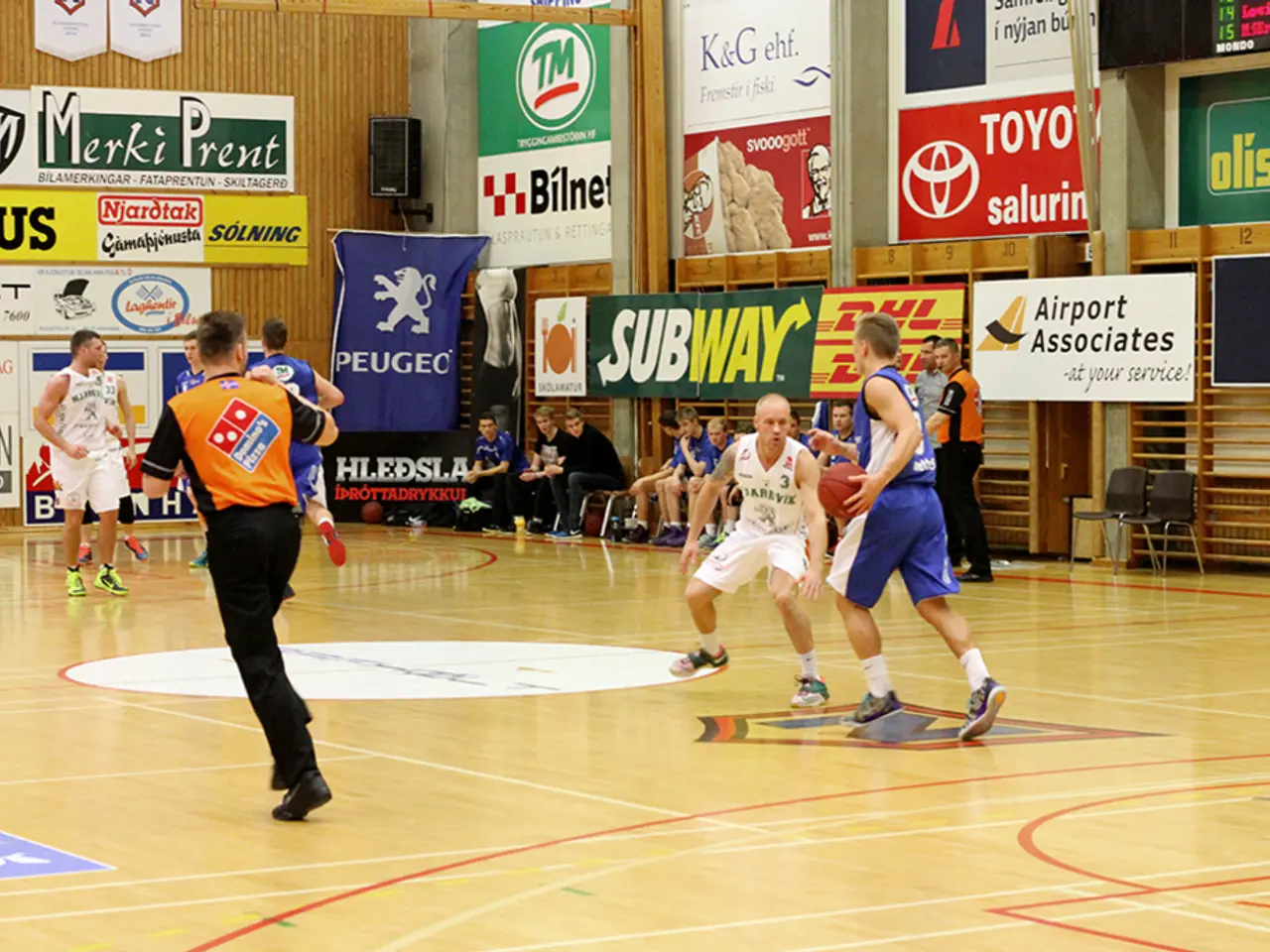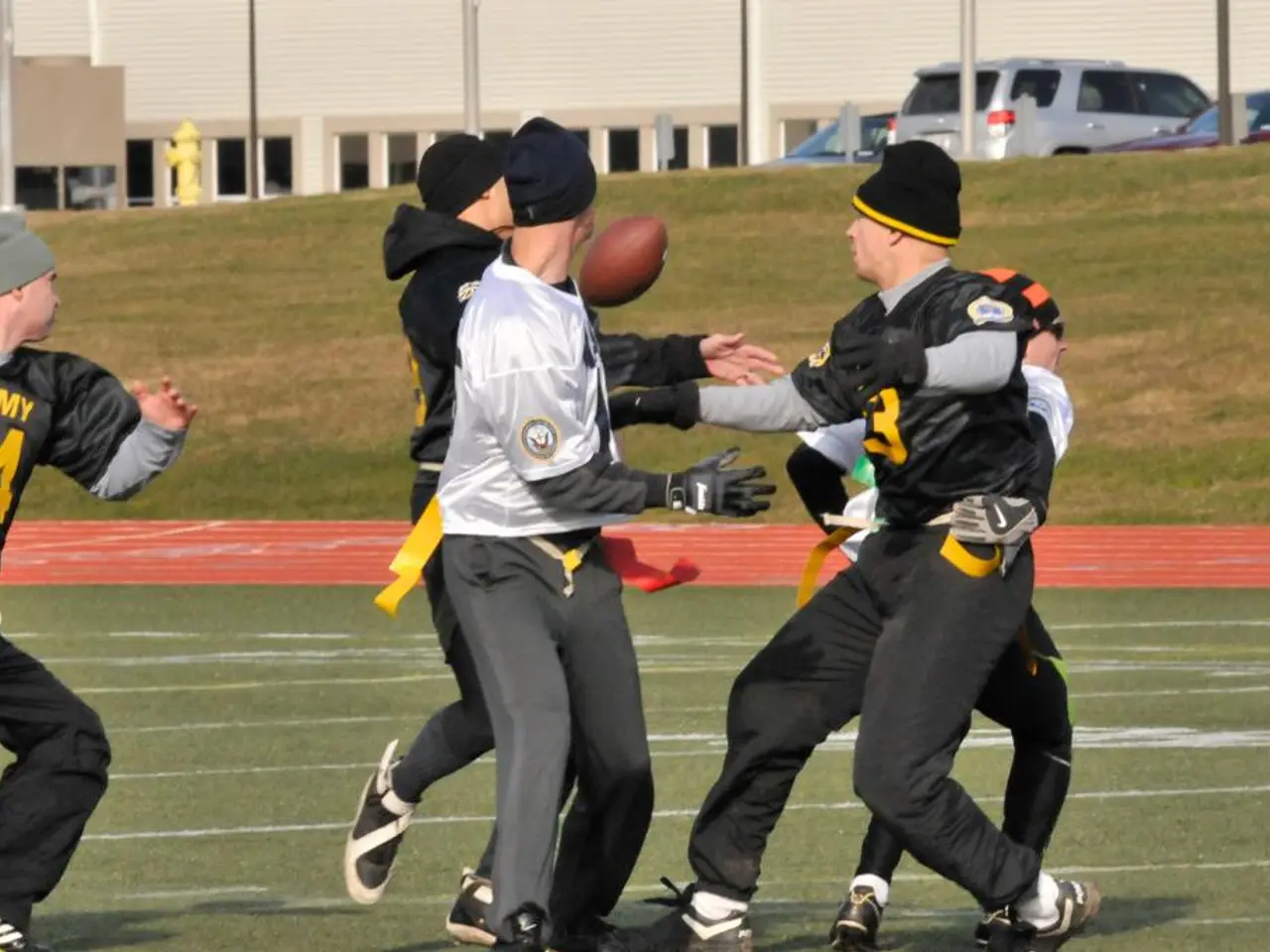"Major Judgment": European Union's Supreme Court decides on a particular case
The Belgian football club RFC Seraing has been embroiled in a decade-long dispute with FIFA over the ban on third-party ownership. This dispute reached a significant milestone with the recent ruling by the European Court of Justice (ECJ), which has far-reaching implications for the world of sports arbitration.
In 2015, FIFA prohibited RFC Seraing from allowing external investors to acquire rights to players, imposing a transfer ban and fine. The club, questioning the independence of the Court of Arbitration for Sport (CAS), as it is funded by international associations, took the case to the Belgian courts.
The ECJ's ruling establishes that decisions made by the CAS must be subject to effective judicial review by national courts within the European Union. This means that athletes, clubs, and other affected individuals can now appeal CAS rulings in EU courts rather than being bound solely to CAS decisions in Switzerland.
This judgment responds to long-standing controversy over the exclusive jurisdiction of CAS, particularly in high-profile disputes involving FIFA rules and sports transfers. It paves the way for a significant shift in the balance of power between international sports arbitral bodies and national legal systems within the EU.
Key Implications
- Effective Judicial Protection: The ECJ emphasized that arbitration, such as CAS rulings, must comply with the EU's judicial structure and public policy, enabling EU courts to conduct an in-depth review of CAS awards to ensure consistency with fundamental EU rights and laws.
- Challenge to FIFA's Arbitration Model: Since CAS arbitration mechanisms are often unilaterally imposed by international sports bodies like FIFA, this ruling restricts FIFA’s ability to prevent challenges to its decisions outside Switzerland, potentially altering the global sports dispute resolution landscape.
- Legal Access for Athletes and Clubs: Athletes, clubs, and stakeholders engaged in sports-related economic activities within the EU now have expanded legal avenues to contest CAS decisions, which may result in more frequent and detailed judicial reviews in national courts.
- EU Law Supremacy Over Arbitration Immunity: The ruling highlights that national laws granting absolute finality to CAS awards, blocking judicial scrutiny, are incompatible with EU law’s guarantee of effective legal protection.
The ruling does not mean the end of the CAS, as international sports arbitration remains important and useful. Parties involved can only appeal to regular EU courts if fundamental EU rights are violated, according to the intention of the ECJ.
The International Olympic Committee announced it would carefully study the ruling. Notably, the ECJ's ruling states that national courts in the EU can review arbitration decisions of sports arbitration courts seated outside the EU. In this case, the European Court of Justice ruled in favor of RFC Seraing, allowing the dispute to continue in Belgian courts.
This landmark ruling marks a significant step towards ensuring the accountability and transparency of international sports arbitration within the EU, and it will be interesting to see how this development unfolds in the future.
- This ruling by the European Court of Justice allows RFC Seraing to contest the Court of Arbitration for Sport (CAS) decision regarding third-party ownership in European leagues, such as Laliga, in Belgian courts rather than being bound solely to CAS decisions in Switzerland.
- The expansion of legal avenues for athletes and clubs, enabled by this ECJ ruling, might lead to more challenges against European-league rules, including football regulations, in EU courts.






